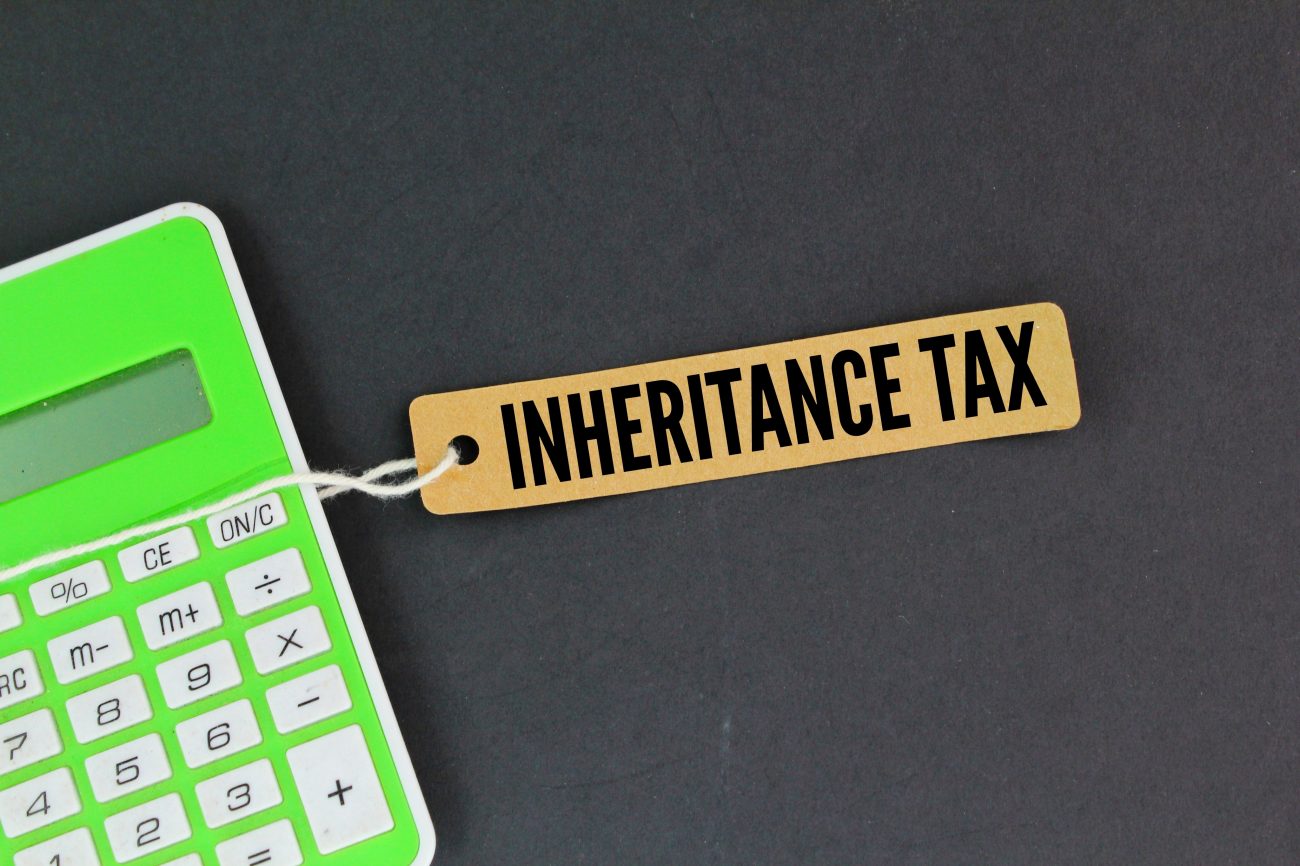As Inheritance Tax soars, what can you do to protect your estate?
Inheritance Tax (IHT) is now at a record high with more estates than ever before being dragged into paying it.
Thanks to IHT liabilities, the Treasury’s coffers were boosted by an incredible £7.5 billion pounds in the tax year 2023/24, an increase of 5.6 per cent compared to the previous year.
Speculation is also running high that the new Chancellor, Rachel Reeves, will target IHT in the October budget with further potential pain on the cards for taxpayers.
Why are so many more estates being caught by IHT?
Widely hated, dubbed ‘morally wrong’ by some and a stealth tax by others, IHT is a levy on your estate after you die, also known as ‘death duties’.
The Office for Budget Responsibility (OBR) predicts that IHT receipts will continue to rise reaching £9.7 billion pounds a year by 2028/29.
Viewed historically as a tax affecting only the wealthiest, continually frozen tax thresholds – which seem unlikely to be changed by the new Labour government – elevated house prices and probate delays mean that a growing number of ordinary families are now falling into the IHT net.
What are the current thresholds for IHT?
Everyone has a tax-free allowance for IHT known as their Nil Rate Band which currently stands at £325,000.
There is normally no tax due when the estate value is below this threshold – or if you leave everything above the threshold to your spouse or civil partner – but otherwise, the standard 40% IHT rate applies.
The government has frozen the threshold above which people must pay IHT until 2028. It has been stuck at this rate since 2009 when inflation was considerably lower.
Currently, with inflation variable, the freeze means yet more estates will face an IHT bill because with higher property prices, the tax-free allowance doesn’t go as far as it used to.
It also means that estates which fall into the 40% bracket will have to pay even more to the taxman.
How do I make sure my Will makes best use of my allowances?
It makes sense to ensure your Will is structured in a way that uses any available allowances to best effect.
For instance, if you’re leaving property to a family member, the Main Residence Nil Rate Band may also apply which is an additional tax-free allowance of £175,000.
There are other exemptions and allowances for certain estates including the transferable spouse exemption (on the death of the second spouse or civil partner) and business property relief.
How else can I mitigate my IHT position for my beneficiaries?
The rules around inheritance tax, or death duties, can seem complicated and confusing but there are effective ways to dramatically reduce the impact on your estate for those you leave behind.
Planning ahead is key as it gives you more options, including:
- Thinking about who you’d like to benefit from your estate when you die and any implications.
- Making a Will to take wealth preservation steps which structure your affairs to minimise your IHT liability and maximise tax relief. Without a Will, your estate will be distributed in line with the laws of intestacy which may mean your family don’t inherit as much as you want them to or indeed, anything at all.
- Considering making gifts to charity which are completely exempt from IHT. If your estate is liable for IHT and you leave 10% of it or more to charity, then a reduced IHT bill of 36% may be applicable to the rest of your estate.
- Looking at gifting money and property to your beneficiaries before you die. Any gift of a cash or lump sum is free from IHT as long as you live for seven years after making it but if certain strict requirements are not met, the gift could forfeit its IHT exemption.
- Seeking specialist advice to inform your decisions is key. For example, Gifting the family home, to your children while continuing to live in it might seem like the perfect solution but this is known as a ‘gift with reservation of benefit’ and unfortunately, can still have IHT consequences.
Get in touch
Wards Solicitors is ranked as a leading firm in the South West in the 2024 edition of Legal 500 with our Wills, Probate and Mental Capacity Team one of the largest in the region and vastly experienced.
Most of our lawyers are members of The Association of Lifetime Lawyers (formerly Solicitors for the Elderly) and the Society of Trust and Estate Practitioners (STEP). Both organisations require the highest standards of their members with proven qualifications and experience.
- We offer a free initial appointment to discuss what is needed and always provide clear cost details up front before starting any work.
Please contact any member of Wards Solicitors’ Wills, Probate and Mental Capacity Team


